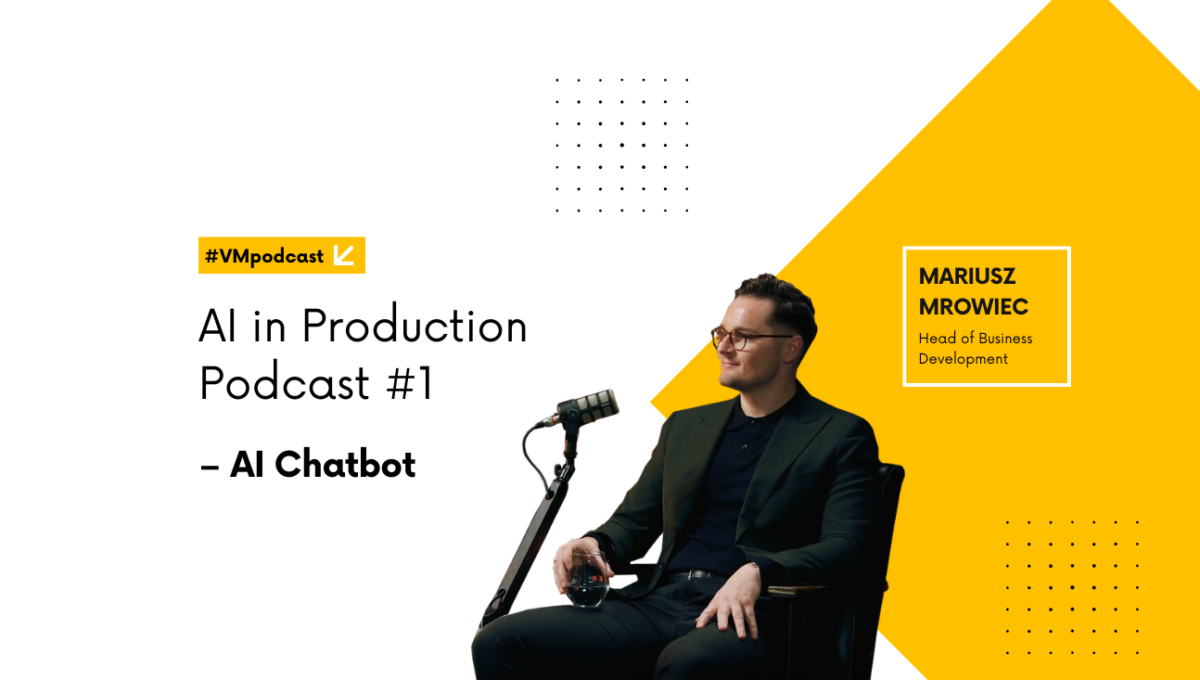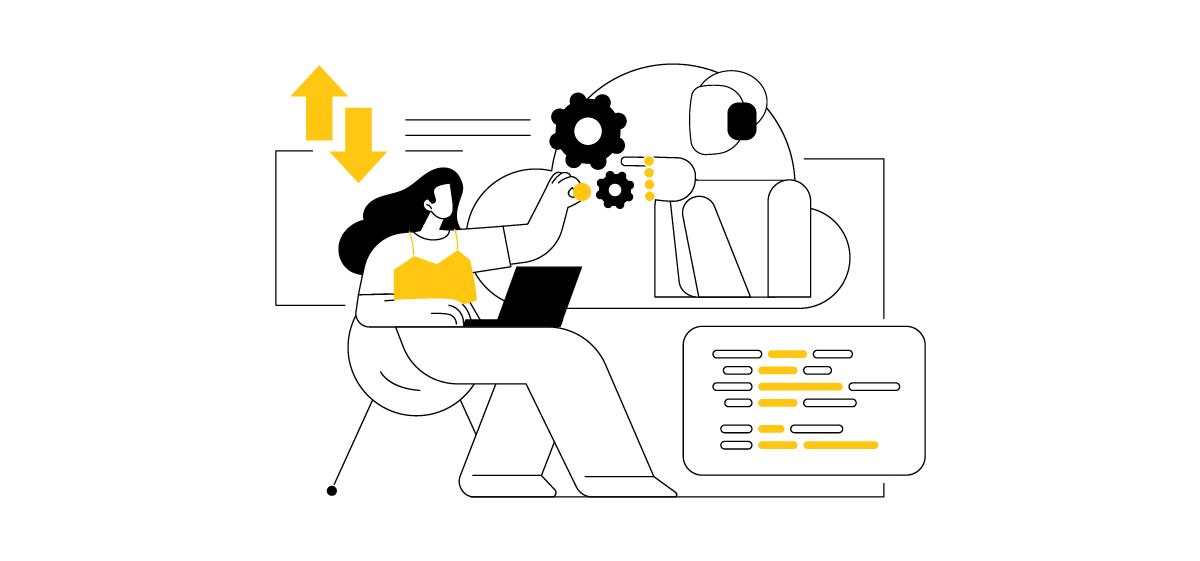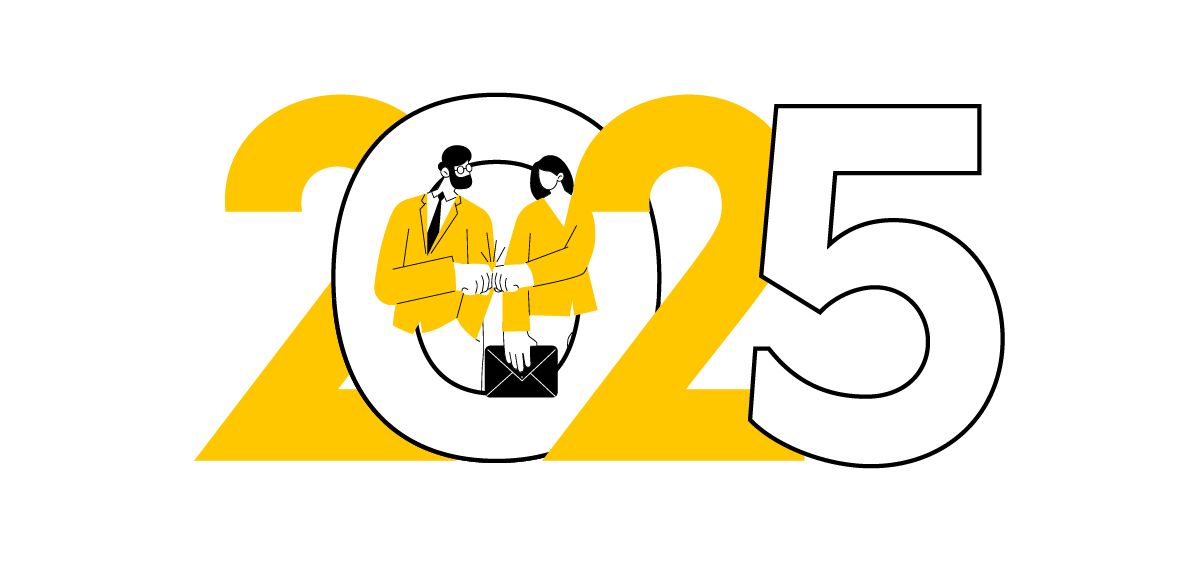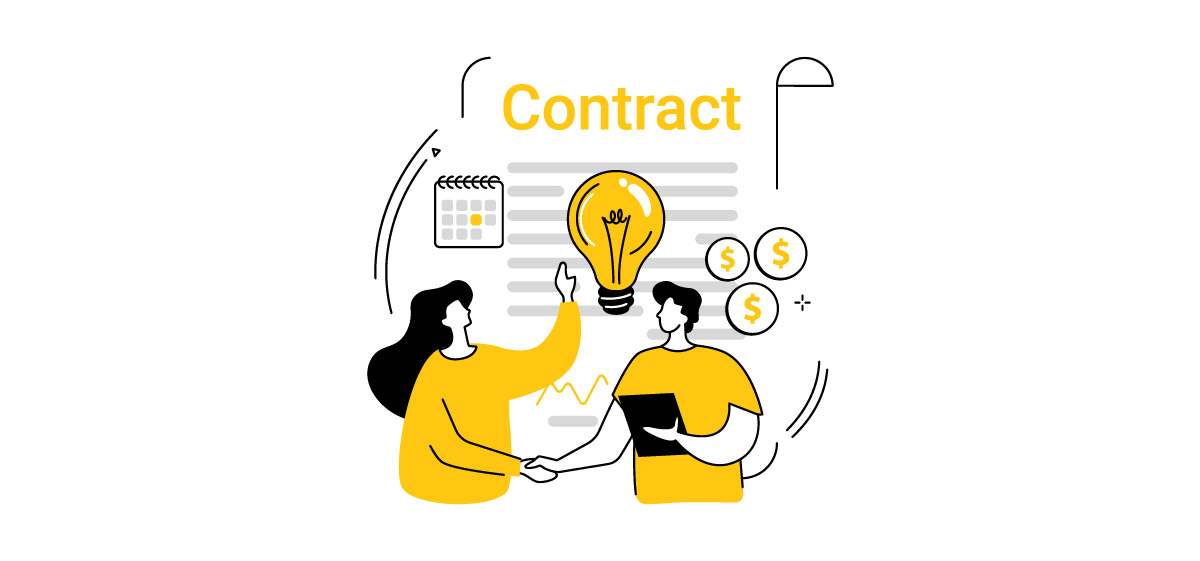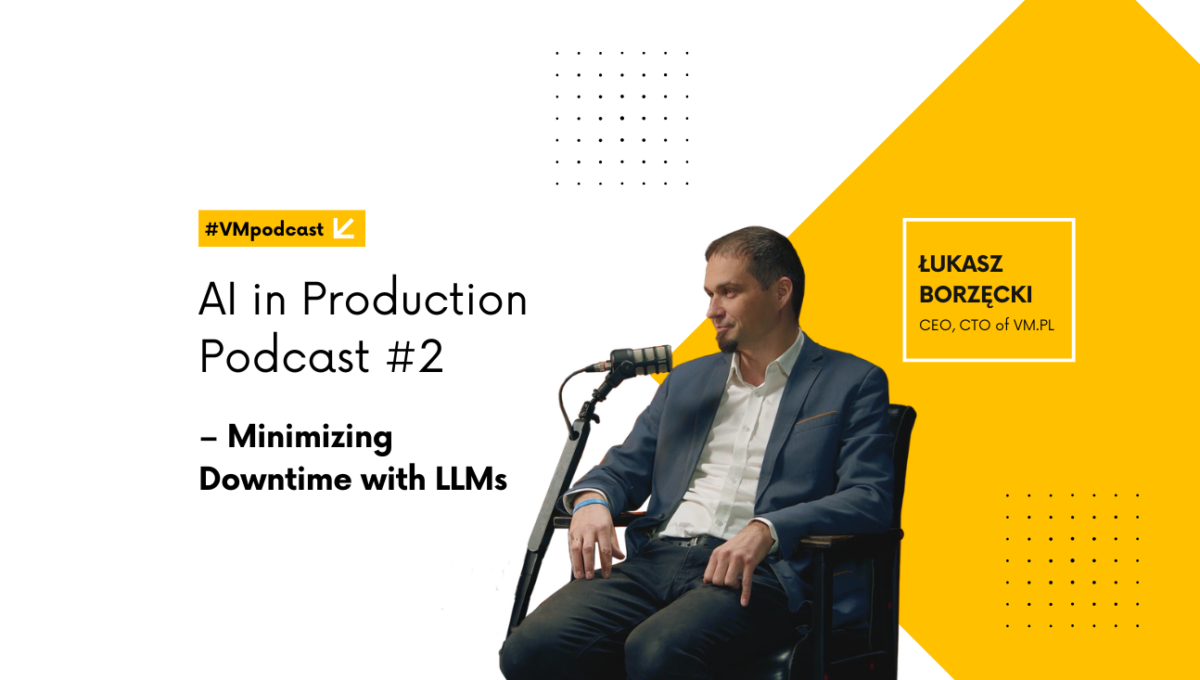
The IT industry is developing very dynamically. The work is waiting for both programmers and "non-technical" persons. Knowledge of foreign languages is a great support in finding a well-paid and attractive position. Despite appearances, not only of English. German can be equally useful. Its knowledge may be the first step for you to make a career in IT. See why.
Table of Contents
I. German – why can it be your advantage in the IT market?
Even people who are not in any way related to this niche know that working in IT most often requires knowledge of English. However, the relation with German is not necessarily so obvious. Whereas, especially in Poland, knowledge of Goethe's language can be a significant argument. Here’s why.
Power of the German economy = wide employment opportunities
Germany is the strongest economy in Europe and the fourth largest in the world. This translates into a very dynamic development, also in terms of IT. As a result, such a stable economic system generates a huge demand for employees from this sector – after all, there are over 130 million people to be served, for whom German is the mother tongue.
Importantly, working with customers from the DACH countries does not have to involve emigration to Germany, Austria or Switzerland. Many entities serving German-speaking recipients are also based in Poland. Also, the change of the work paradigm from the classic stationary to remote work has popularised the remote employment of individual employees as well as entire teams.
A similar work culture of Poles and Germans
Although a stereotypical Pole and German differ from each other, in fact their way of thinking, organisation of working time or approach to professional duties and solving problems are very similar. This can be noticed especially in the IT industry where cultural differences are very blurred. Therefore, it is relatively easy for a Pole to start a job in IT in the DACH market. He will adapt quickly in the international environment.
A small number of IT specialists with German in Poland
Although the German language is the second most popular among learners (in schools about 2 million students), this does not translate into the number of IT specialists. Based on the LinkedIn database, it can be estimated that in Poland, approx. 15,000 people with the knowledge of German work in this niche. About half of them are people in technical positions – mainly Java developers as well as Frontend- and Full-stack developers. The other half are people in the positions such as backoffice, support, consultants – mainly project managers, sales and recruitment specialists or Scrum masters.
Meanwhile, the demand is much higher, which means that chances for finding employment – also with less experience in the IT area – increase when you speak German.
More attractive salaries for specialists with German
Knowledge of the German language has a very clear impact on salary – both in technical and non technical positions, already from the junior level. How strong is the impact exactly? Much depends, of course, on the position held, but also on the employee's experience, education or additional competences. However, it can be said that positions with the knowledge of the German language may bring:
- a salary of approx. PLN 1,000 gross higher for employment contract,
- hourly salary higher by approx. PLN 10/net for the B2B model.
As you can see, the potential in this market is huge and worth using.
What level of German do you need to have in order to work in the IT industry and how is it verified?
Despite appearances, in order to work in IT during summer holidays, you do not have to speak like a native German, Austrian or Swiss. Communication skills in German are expected. Therefore, the absolute minimum is B1, and if your skills are at B2/C1 level, they will be accepted in virtually every position.
Importantly, at the beginning it is not always necessary to know technical vocabulary in German. If you can communicate in this language in general, you will also quickly learn the terminology characteristic of IT – e.g. during an introductory course in the workplace or simply in practice. VM.PL often offers such complementary courses to its future colleagues and regularly organises such trainings with a native speaker for external participants.
You can expect that your language skills will be verified during the job interview. In what form? It depends on the policy of the company you are applying to. It can be e.g.:
- a loose conversation in German on general and professional topics,
- the language proficiency test.
But you don't have to worry about it. Once again: in most positions, the communicative level of German will be sufficient for the beginning. Over time, thanks to the constant use of this language, you will increase your language level. And that's an added benefit!
It should be also mentioned that, in addition, in most cases, knowledge of English will be also expected. Here, however, the principle is similar: a communicative level, from B1 upwards, is enough.
II. Where to look for a job in IT with German?
A job in IT with German is available both for people with experience and competences at the senior level, as well as for beginners. Even those who have just completed an intensive several months course can find a position for themselves. There are also vacancies available for non-technical people – their presence is also needed in IT companies, e.g. for initial customer service, project management or broadly understood support for department managers. Therefore, if you know this language, you must necessarily check the vacancies available in the market.
You can look at, e.g.:
- job portals for specialists such as Rocket Jobs or Just Join IT,
- offers on social networks, in particular on LinkedIn,
- offers directly from employers who employ experts with German – e.g. VM.PL, IBM, Atos, DXC Technology or Capgemini.
Remember: there are constantly new job offers with German in various IT areas. This is your chance.
III. How to find your dream job in the IT industry and positively go through the recruitment process?
There are three key elements that will allow you to find a good job in IT with German. These are the following.
Good market research
Have you found any interesting job offers in IT with German? Before sending your CV, take a closer look at each of them.
Pay attention to:
- description of professional duties in a given position and requirements for the candidate – assess whether you meet them. If not, especially in the area of necessary requirements, look for another job offer;
- description of the company's activities, e.g. on its website, as well as in social media – see what exactly it does, what projects it implements and whether they fit into the field of your interests.
It is also worth checking opinions about the company as an employer (on the Polish websites, e.g. GoWork.pl, and on the German ones – e.g. Kununu.com) or – if possible – use webinars or industry events that are organised by it. All of this will help you make sure you will get to the right place.
Properly prepared CV
Do you know that during the initial CV selection a recruiter in the IT industry spends only approx. 10-15 seconds (!) to look at each application? That is why it is important to ensure its transparency.
It is worth to:
- use a transparent, minimalist template – preferably however not a default one, e.g. downloaded from a job portal;
- put a short summary of your competences at the top and be sure to include information about the level of knowledge of the German language,
- make a list of all positions chronologically, together with a description of the duties performed,
- explain the reason for any breaks in employment.
Good job interview
The interview can take place both at the company's headquarters and – which is more and more often practiced – remotely. However, regardless of the form, it is worth remembering about:
- prior acquaintance with the employer's profile and description of the position applied,
- emphasising how your competences will translate into performing duties in the position you want to take,
- the most natural communication – in the IT industry, apart from the banking sector, it is quite loose.
Don't be afraid to ask questions either – they are welcome and show your commitment to the recruitment process.
In conclusion, work in IT with the German language opens up much broader prospects for you – both for professional and linguistic development, as well as for better earnings. Therefore, it is worth to sharpen your skills and open yourself to these career options. Good luck!
Maciej Neczaj
Recruitment Manager at VM.PL







